February 3, 2025 | 21:05 GMT +7
February 3, 2025 | 21:05 GMT +7
Hotline: 0913.378.918
February 3, 2025 | 21:05 GMT +7
Hotline: 0913.378.918
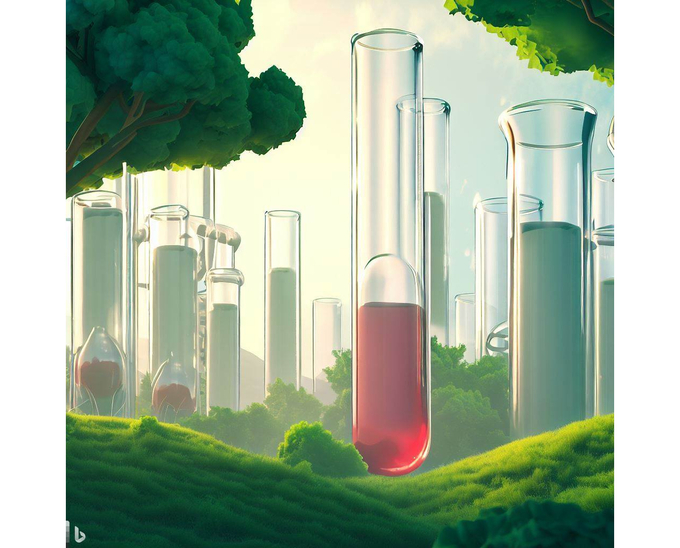
Genetic engineering in forests: the uncertain future of CO₂ sequestration. Symbolic Image: Bing AI
These poplars, marketed as eco-friendly, have been established as the globe's initial modified forest. However, experts in forest health and photosynthesis have voiced their doubts about the project.
Researchers from Living Carbon, a Silicon Valley start-up, have created trees that absorb large amounts of carbon dioxide. They aim to cool the Earth by mitigating greenhouse gases in the atmosphere. Patrick Mellor, palaeobiologist and Chief Technology Officer of the biotech firm, believes that photosynthesis can save the world.
This is because plants require sunlight, water, and carbon dioxide, among other things, to grow. This is done to produce energy and build plant mass, which doubles up as a carbon storage. Patrick Mellor is on a mission to create trees that grow at a faster rate, bind more CO₂ and are resistant to decaying, thereby preventing carbon dioxide emissions into the atmosphere. The process involves the conversion of substances into sugar and oxygen.
Patrick Mellor is on a mission to create trees that grow at a faster rate, bind more CO₂ and are resistant to decaying, thereby preventing carbon dioxide emissions into the atmosphere. The initial plantation of "photosynthesis-enhanced" poplars took place in Georgia's forests in February 2023. This is the first woodland in the USA to cultivate genetically modified trees.
The effectiveness of the enhanced CO₂ removal capacity of the plants is still being debated. The impact on the native trees and potential gene spread remain uncertain. Notably, tree geneticist Steve Strauss, from Oregon State University, supports this view. The start-up is currently vending its preliminary carbon credits to personal consumers, enabling them to reduce their own emissions of greenhouse gas. Later, the credits will be available to bigger companies as well.
(Technologyreview)

(VAN) Agricultural experts warned that the existing farm labor shortage, when combined with a possible 25 percent tariff on Mexican and Canadian imports threatened by the Trump administration, could drive up food prices nationwide.
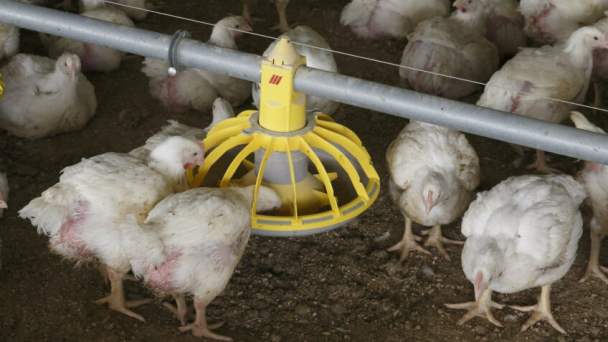
(VAN) The South African Poultry Association (SAPA) says that it remains optimistic about 2025 amid ongoing challenges uncertainties, with highly pathogenic avian influenza remaining the most pressing concern.
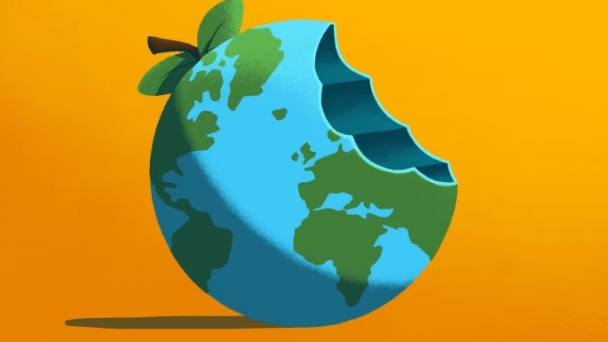
(VAN) Averting a tragic mismatch between global food supply and demand requires moonshot ideas.
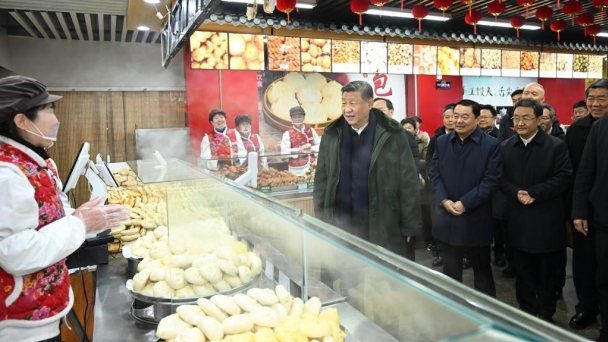
(VAN) Xi Jinping, general secretary of the Communist Party of China Central Committee, visited a food market in Shenyang, capital city of Northeast China's Liaoning province.
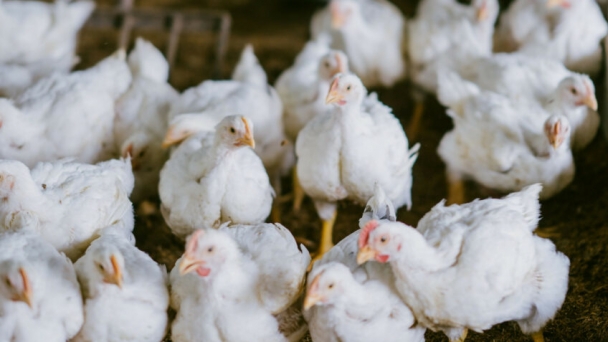
(VAN) The inability of poultry breeding companies to prevent chicks from being infected with a bacteria is forcing producers to turn to antibiotics at an early stage.
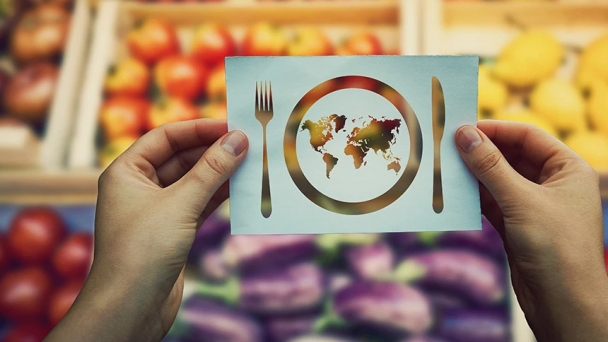
(VAN) The World Bank’s agricultural prices index gained momentum in the second half of 2024, propelled by record-breaking price increases in beverages.
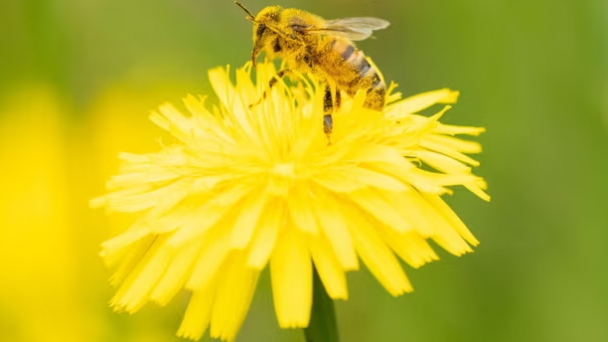
(VAN) Even average use of nitrogen fertilisers cut flower numbers fivefold and halved pollinating insects.